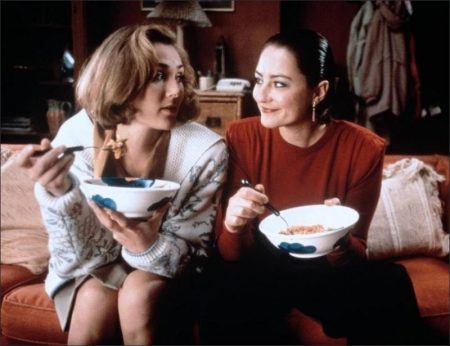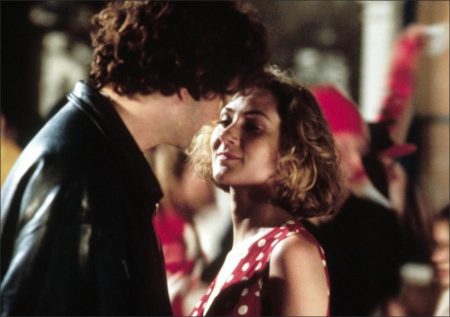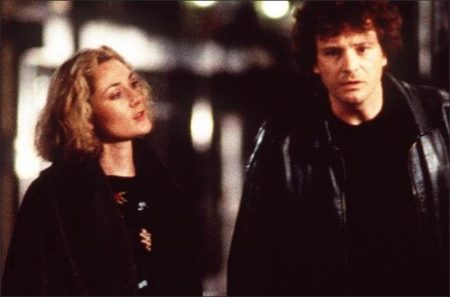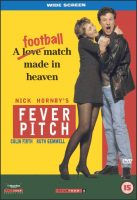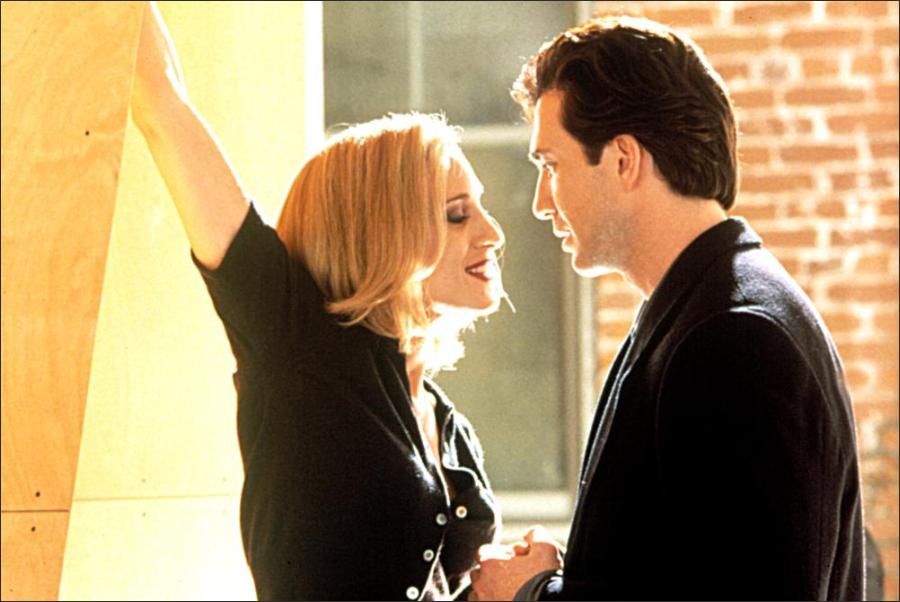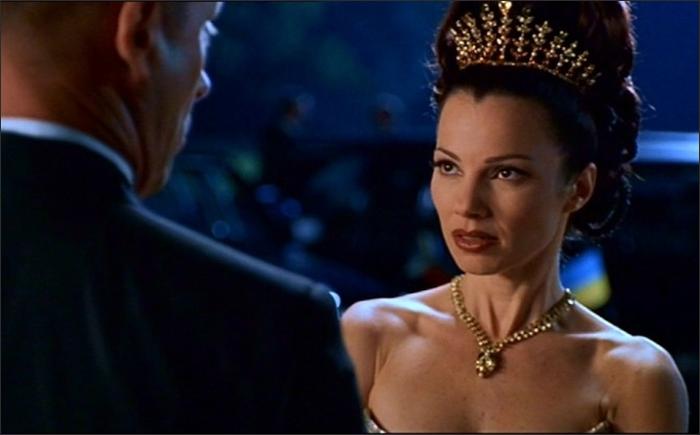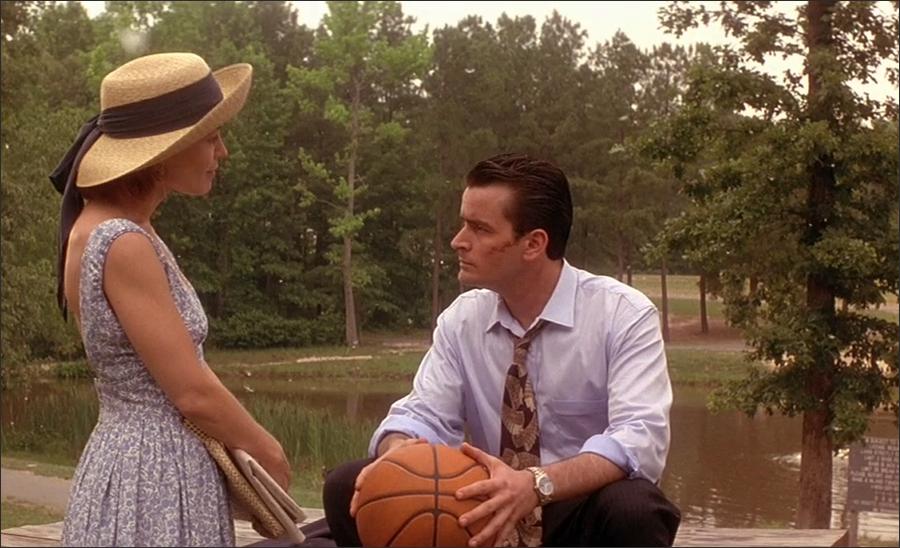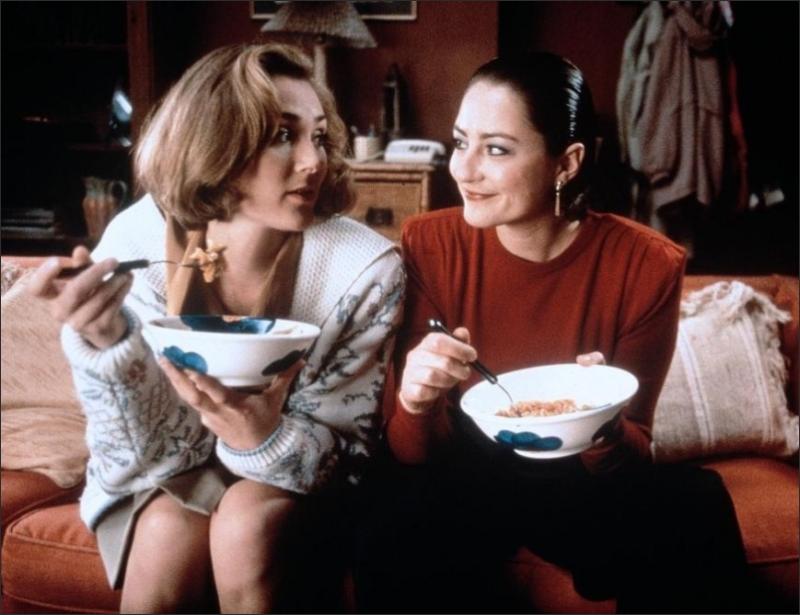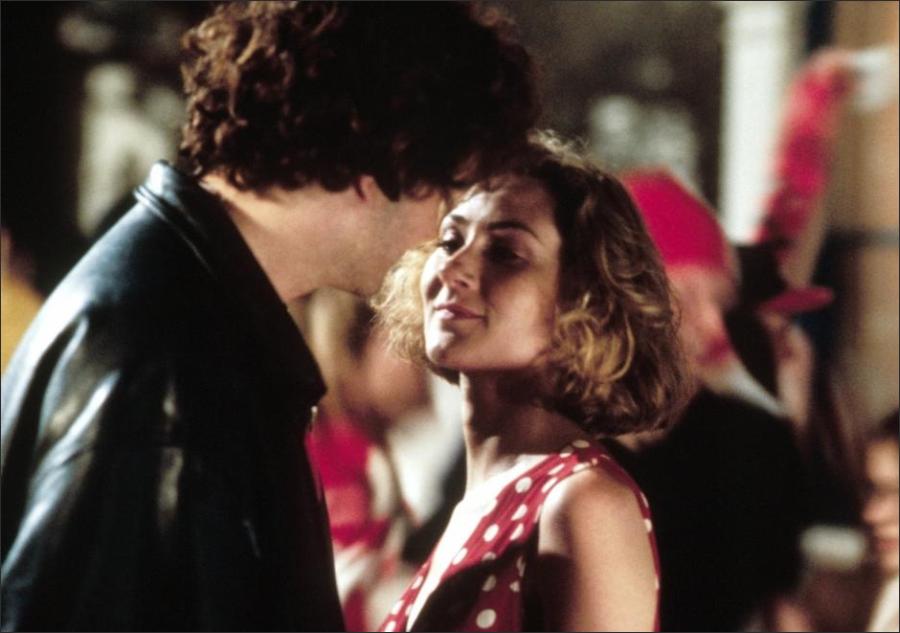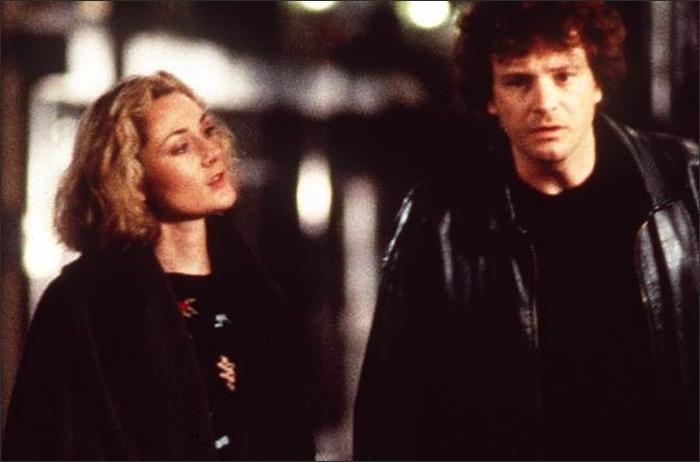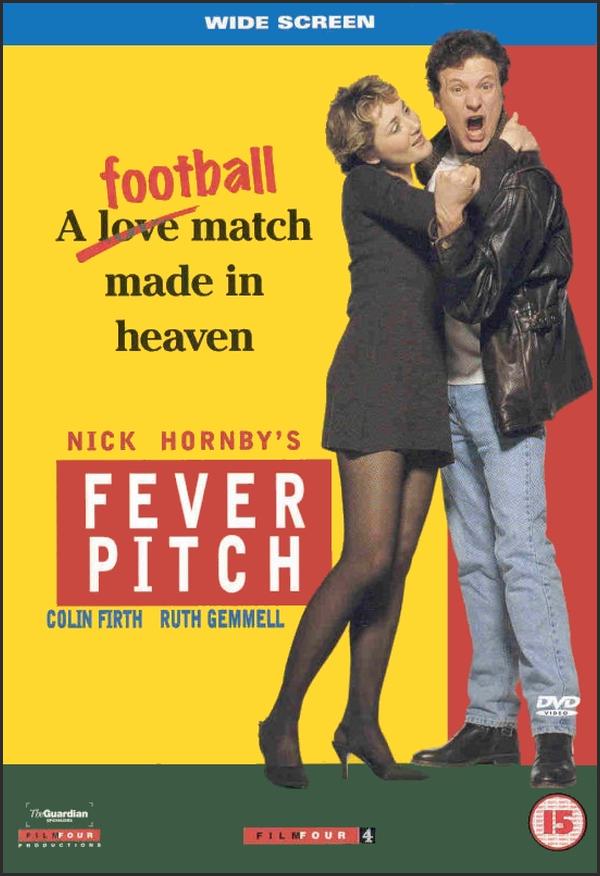Taglines: Life gets complicated when you love one woman and worship eleven men.
Fever Pitch movie storyline. Hornby adapted the book for the screen and fictionalized the story, concentrating on Arsenal’s First Division championship-winning season in 1988–89 and its effect on the protagonist’s romantic relationship.
Firth plays Paul Ashworth, the character based on Hornby, a teacher at a school in North London, and his burgeoning romance with Sarah Hughes (Ruth Gemmell), a new teacher who joins Ashworth’s school. The film culminates with the real life events of Arsenal’s match against title rivals Liverpool in the final game of the season on 26 May 1989, a Michael Thomas last-minute goal giving Arsenal the 2–0 win they needed to win the title.
Fever Pitch is a 1997 film starring Colin Firth, based loosely on Nick Hornby’s best-selling memoir, Fever Pitch: A Fan’s Life (1992). Hornby also wrote the screenplay. The film also stars Neil Pearson as Paul’s father and Mark Strong as Steve, Paul’s best friend. Nick Hornby himself has a cameo role as a beaten opposition manager in a school football match in one scene. Other starring are Ruth Gemmell, Neil Pearson, Ken Stott, Lorraine Ashbourne, Holly Aird, Peter Quince, Charles Cork and Scott Baker.
Parts of the film were shot on location in the surroundings of Arsenal Stadium in Highbury; however as the terracing at Highbury had since been replaced, the scenes of fans on the terraces were instead filmed at Fulham’s Craven Cottage stadium.
In 2005, the film was remade in an American version also entitled Fever Pitch starring Jimmy Fallon and Drew Barrymore, with the 2004 World Series Boston Red Sox replacing Arsenal. To avoid confusion, this 2005 remake is known as The Perfect Catch in the UK.
About the Production
While other films featured in this series have faced the surprisingly complex task of trying to choreograph the overwhelmingly unchoreographable on a football pitch, the concept of fandom has proved to be an equally slippery customer.
If the innumerable gambling and booze adverts are to be believed, we all just gather round on our sofas with a couple of pizzas, a few bottles of beer (never cans, for some reason) and some 4/10 banter to Watch The Big Match. Maybe these generic fans – who look like they ran naked through River Island and are now wearing whatever fell on them – have been priced out of going to a game, but these scenes are about as representative of football as a flying, scissor-kick volley from 30 yards. That is: eminently possible, but a bit too convenient.
One of the most frequently cited geneses for these rather sanitised depictions is Nick Hornby’s 1992 book Fever Pitch: A Fan’s Life, an indisputable cultural phenomenon that has sold millions of copies, been translated into 26 languages and succeeded beyond all expectations in its quest to explain football – and why it “matters” – to the middle class.
We’re not tackling the book here, but it’s as much a testament to its sheer influence as its commercial success that, five years later and with the Premier League/Sky Sports marketing machine in full swing, Fever Pitch was adapted into a film.
The book’s format, setting and observations didn’t lend themselves easily to the big screen. The New York Times’ put their reservations on record, declaring that “just because a first-person analysis of a sociocultural phenomenon is fascinating in print, it should not necessarily be turned into a movie.”
On a more practical level, the book’s relative formlessness meant that Hornby was tasked with stripping it down and reconstructing it into a screenplay. No longer autobiographical, the story needed a convincing figure to ride the highs and lows, to faithfully present football fandom as a sort of therapy. Finding an actor who could play a football fan, it seemed, was as tricky a casting job as hiring an actor who could actually play football.
It was just a matter of months after a quarter of the UK population had watched Colin Firth go for a swim in the BBC’s Pride and Prejudice, propelling him from the status of a man whose own publicist admitted “you couldn’t give away to the press” to now being doorstepped by the Daily Mirror for buying a new hoover.
“I was in Rome when I read Fever Pitch,” Firth told the BBC in 1997, “and it gave me a yearning for England and the sort of rootedness that Nick Hornby talks about. And I identified with that, because I have a similar middle class background. I felt he wrote about Englishness now – my generation – in an extremely unsentimental and yet not hostile or bitter way.”
Clearly equipped with the earnestness required for the role, Firth then had to bridge a football knowledge gap and, specifically, an Arsenal one. Hornby took him to Highbury in 1996 – the Winchester-born Firth’s only previous experience of live games was a few trips to watch Southampton at the Dell – but was encouraged by the leading man’s grasp of the game.
“He knew a reasonable amount of football. He went several more times that season; he read a history of Arsenal; he watched videos and, for reasons best known to himself, memorised the names of the 1971 and 1989 squads. One extra overheard Colin Firth giving a potted history of the club in between takes. Stuff like this was pretty much all I had to show for my four decades on the planet; it was a bit depressing to see someone master it in a couple of weeks.”
Firth’s portrayal of Paul Ashworth – laissez-faire English teacher/petty, pessimistic Arsenal fan – is propped up by some off-the-shelf iconography of late 1980s football fandom: Subbuteo squabbles, waiting for the fixture list to come out, and club-branded boxer shorts.
Fever Pitch (1997)
Directed by: David Evans
Starring: Colin Firth, Ruth Gemmell, Neil Pearson, Ken Stott, Lorraine Ashbourne, Mark Strong, Holly Aird, Peter Quince, Charles Cork, Scott Baker
Screenplay by: Nick Hornby
Production Design by: Michael Carlin
Cinematography by: Chris Seager
Film Editing by: Scott Thomas
Costume Design by: Mary-Jane Reyner
Art Direction by: Karen Wakefield
Music by: Boo Hewerdine, Neil MacColl
MPAA Rating: R for language.
Distributed by: Phaedra Cinema
Release Date: April 4, 1997
Views: 209
